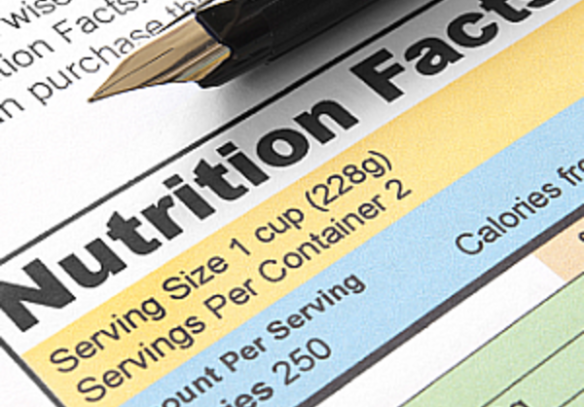Nutrition News: Who (and What) Can You Trust?
Living a healthy lifestyle can feel more complicated than it really is. Online, we’re faced with an influx of opinions and recommendations—but not all nutrition news is reliable. Whether you’re looking at a news article or YouTube, reading a book or chatting with your neighbor, the nutrition information you hear might be newsworthy, but is it trustworthy? Our tips can help you become a savvier consumer of nutrition news and learn to sort fact from fiction.
Straight from the Source
When you’re reading or hearing anything new about nutrition, the first “trust check” is to check the source. Look for information from people like Registered or Licensed Dietitians, organizations like the American Heart Association or American Diabetes Association, and university nutrition departments. If the website ends in .gov or .edu, that’s also a sign you’re in a good place.
Examine the Evidence
The world of health, wellness and nutrition is always changing. New research is constantly being conducted. Conflicting data is always surfacing. The good news is, you don’t have to be a scientist to determine credibility. There are a few simple questions everyone should be thinking about whenever they see new nutrition info. For example, was the study tiny or big?
Avoid the Sales Pitch
When you’re looking at nutrition news, do your best to sniff out the bias. Are you being asked to spend money on a diet plan, special device, or product? Living healthy doesn’t have to be expensive and creating healthy habits takes time. Be mindful of anything that promises a quick fix!
Note: Since everyone’s health history and nutritional needs are so different, please make sure that you talk with your doctor and a registered dietitian to get advice about the diet and exercise plan that‘s right for you.




